“Relationships are becoming increasingly self-defining; there has been an explosion in the language used to describe them. People are taking a more active role in the formation of language, whether it be creating the right word for their relationship, or their gender,” writes Marguerite Ohan.
The face of the family has changed significantly during the past two generations. According to OECD research, all populations are ageing, there are more women at work, and less people are getting married while more people are getting divorced. More couples are waiting until later to start families and more children are being born to unmarried parents.
Our Millennial Bloggers are based all over the world. They are innovators in entrepreneurship, journalism, education, entertainment, and academic scholarship. This month we asked them to share their perspectives on the institution of the modern family – How do they see normal in the 21st Century?
“As globalization has shifted our economy and as the ability for one breadwinner to support a family fades, we are witnessing a shift in what is deemed culturally acceptable,” writes Jacob Deleon Navarrete. “We are beginning to welcome a buffet of relationships and contexts to promote an adaptive, flexible, modern economic family unit. This modern family unit fits the modern economic imperative: it is changeable, personal, and user-friendly. This modern family reflects the people it comprises and should be understood and celebrated as such.” Read: Those People Are Weird
“Part of why I went back to graduate school was having a locus of community. Stanford’s business school was basically all on one block, with an open space in the middle affectionately designated “Town Square,” writes James Kernochan. “Now in Los Angeles I have a lobby, an elevator, and a block where there is no space to lounge, and little chance of entertaining any conversation other than pleasantries, if even that. Read: Loneliness for the Modern Cosmopolitan
“This evolution in lifestyle, purpose, and family dynamic isn’t just changing the antiquated ‘norm’; it’s erasing the whole concept of a norm. I don’t believe that normal exists anymore,” writes Isadora Baum. “I hope that times keep changing, where no one is more “normal” than anyone else. We are all individuals; all unique; all inspirational; all making a difference, big or small, in our own ways.” Read: Does A “Normal” Lifestyle Really Exist?
“Change has almost always come from a challenging of the normative, not compliance with it,” writes Harmony Siganporia. “In the meantime, more power to them each and all, who seek to design the size, shape and origin story for their choices and couplings; for their ability to create communities premised on love, understanding, compassion and the possibility of happiness in a world intent on destroying itself whole.” Read: Of Carpenter’s Squares, Property, and Love in the Time of the Great Derangement
“By midcentury, possibly before, the average global temperature is projected to rise by more than 2 degrees Celsius; scientists and world leaders agree this point would trigger cataclysmic consequences. At this rate, the way our energy infrastructure is currently arranged, and the heavy environmental toll of our lifestyle broadly speaking we will, without question, fail to avert global crises,” writes Francisco Hernandez. “This leaves us with a provocative thought, one well worth considering: the best way to protect our kids is by not having them.” Read: Is it Ethical to Have Children?
“The question of whether women can have it all has come up so many times when hanging out with girlfriends,” writes Dominique Dryding. “And I am yet to decide of myself whether I can have it all (my own modern family: have a partner who doesn’t mind staying home while I am travelling the world, who will gladly share all the responsibilities that come with the home, with kids who feel loved by me even though I might not always be around, with a high-powered career, surrounded by people I respect and who respect me) or whether I can have it all but not at the same time?” Read: Can I Have A Modern Family?
“I know a plethora of people who come from a variety of different backgrounds and experiences that turned out incredibly well,” writes Wilson Carter III. “It’s important for children to have strong role models that can teach them important values like hard work, love, empathy, honesty, integrity, and accountability; as well as to have parents to lean on when times get tough or when they are confused. Growing up is hard enough without having to worry about how the outside world treats you on the basis of your family’s structure.” Read: Modern Families – How do you see normal in the 21st Century?
The Millennial Bloggers hail from all over the world. Each writer is also a world traveler and, collectively, they have worked on every continent. The Millennials claim their roots in diverse locations: the United States, Hong Kong, South Africa, India, Sierra Leone, New Zealand, Afghanistan, and Finland.
The Millennial Bloggers are Alusine Barrie, Sajia Darwish, James Kernochan, Kamna Kathuria, Jacob Deleon Navarrete, Reetta Heiskanen, Shay Wright, Isadora Baum, Wilson Carter III, Francisco Hernandez, Erin Farley, Dominique Alyssa Dryding, Harry Glass, Harmony Siganporia and Bonnie Chiu. These remarkable young people have produced shows and founded companies. They have been featured on Forbes ‘Asia 30 Under 30’ list and honored by Asian Women of Achievement Awards. They have been awarded numerous scholarships and fellowships. They hold Bachelors, Masters, and Doctoral degrees. They run schools and train educators in underprivileged communities. They have taught all over the globe in environments ranging from maximum security prisons to elementary schools.
(Photos are courtesy of CMRubinWorld)
Top Row: C.M. Rubin, Alusine Barrie, Sajia Darwish, James Kernochan
2nd Row: Kamna Kathuria, Jacob Deleon Navarrete, Reetta Heiskanen, Shay Wright
3rd Row: Isadora Baum, Wilson Carter III, Francisco Hernandez, Erin Farley
Bottom Row: Dominique Alyssa Dryding, Harry Glass, Harmony Siganporia, Bonnie Chiu
Join me and globally renowned thought leaders including Sir Michael Barber (UK), Dr. Michael Block (U.S.), Dr. Leon Botstein (U.S.), Professor Clay Christensen (U.S.), Dr. Linda Darling-Hammond (U.S.), Dr. MadhavChavan (India), Professor Michael Fullan (Canada), Professor Howard Gardner (U.S.), Professor Andy Hargreaves (U.S.), Professor Yvonne Hellman (The Netherlands), Professor Kristin Helstad (Norway), Jean Hendrickson (U.S.), Professor Rose Hipkins (New Zealand), Professor Cornelia Hoogland (Canada), Honourable Jeff Johnson (Canada), Mme. Chantal Kaufmann (Belgium), Dr. EijaKauppinen (Finland), State Secretary TapioKosunen (Finland), Professor Dominique Lafontaine (Belgium), Professor Hugh Lauder (UK), Lord Ken Macdonald (UK), Professor Geoff Masters (Australia), Professor Barry McGaw (Australia), Shiv Nadar (India), Professor R. Natarajan (India), Dr. Pak Tee Ng (Singapore), Dr. Denise Pope (US), Sridhar Rajagopalan (India), Dr. Diane Ravitch (U.S.), Richard Wilson Riley (U.S.), Sir Ken Robinson (UK), Professor Pasi Sahlberg (Finland), Professor Manabu Sato (Japan), Andreas Schleicher (PISA, OECD), Dr. Anthony Seldon (UK), Dr. David Shaffer (U.S.), Dr. Kirsten Sivesind (Norway), Chancellor Stephen Spahn (U.S.), Yves Theze (LyceeFrancais U.S.), Professor Charles Ungerleider (Canada), Professor Tony Wagner (U.S.), Sir David Watson (UK), Professor Dylan Wiliam (UK), Dr. Mark Wormald (UK), Professor Theo Wubbels (The Netherlands), Professor Michael Young (UK), and Professor Minxuan Zhang (China) as they explore the big picture education questions that all nations face today.
The Global Search for Education Community Page
C. M. Rubin is the author of two widely read online series for which she received a 2011 Upton Sinclair award, “The Global Search for Education” and “How Will We Read?” She is also the author of three bestselling books, including The Real Alice in Wonderland, is the publisher of CMRubinWorld and is a Disruptor Foundation Fellow.
Follow C. M. Rubin on Twitter: www.twitter.com/@cmrubinworld

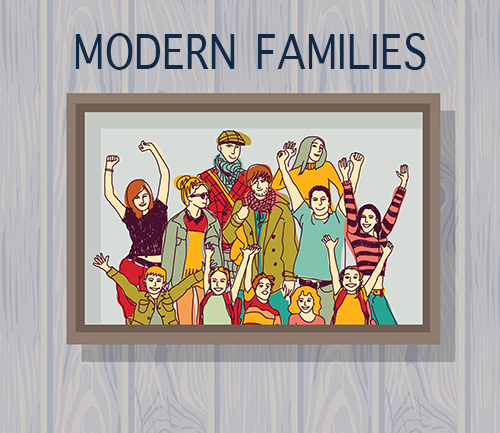
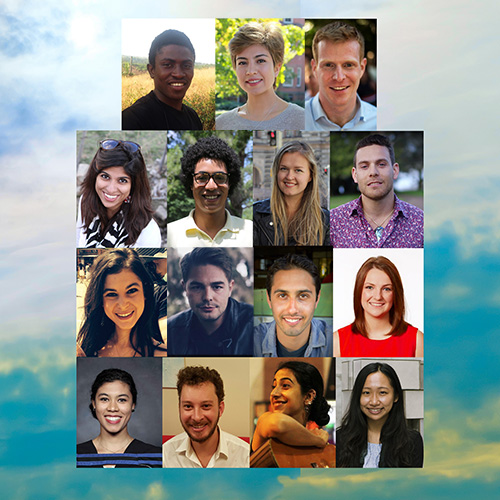

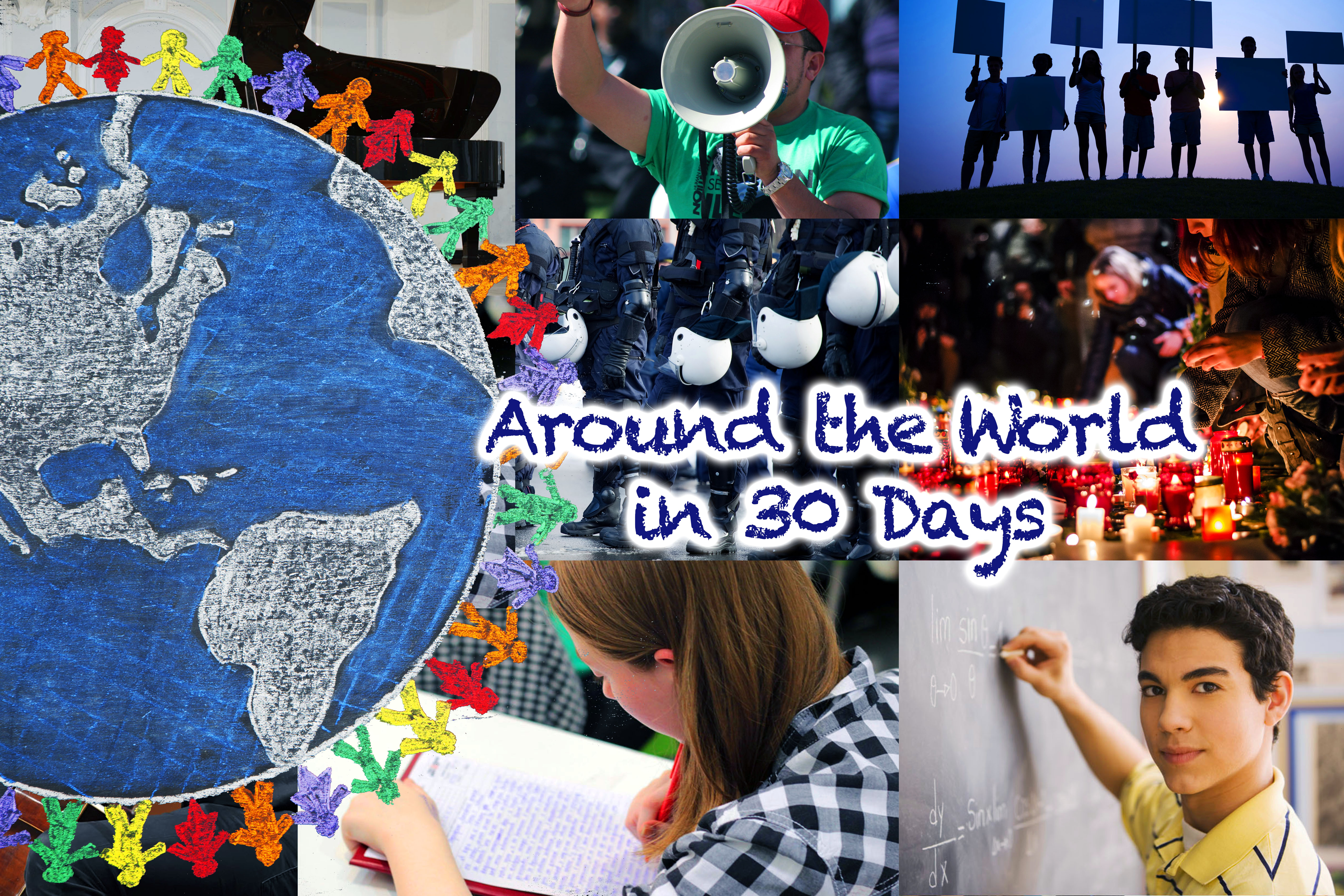

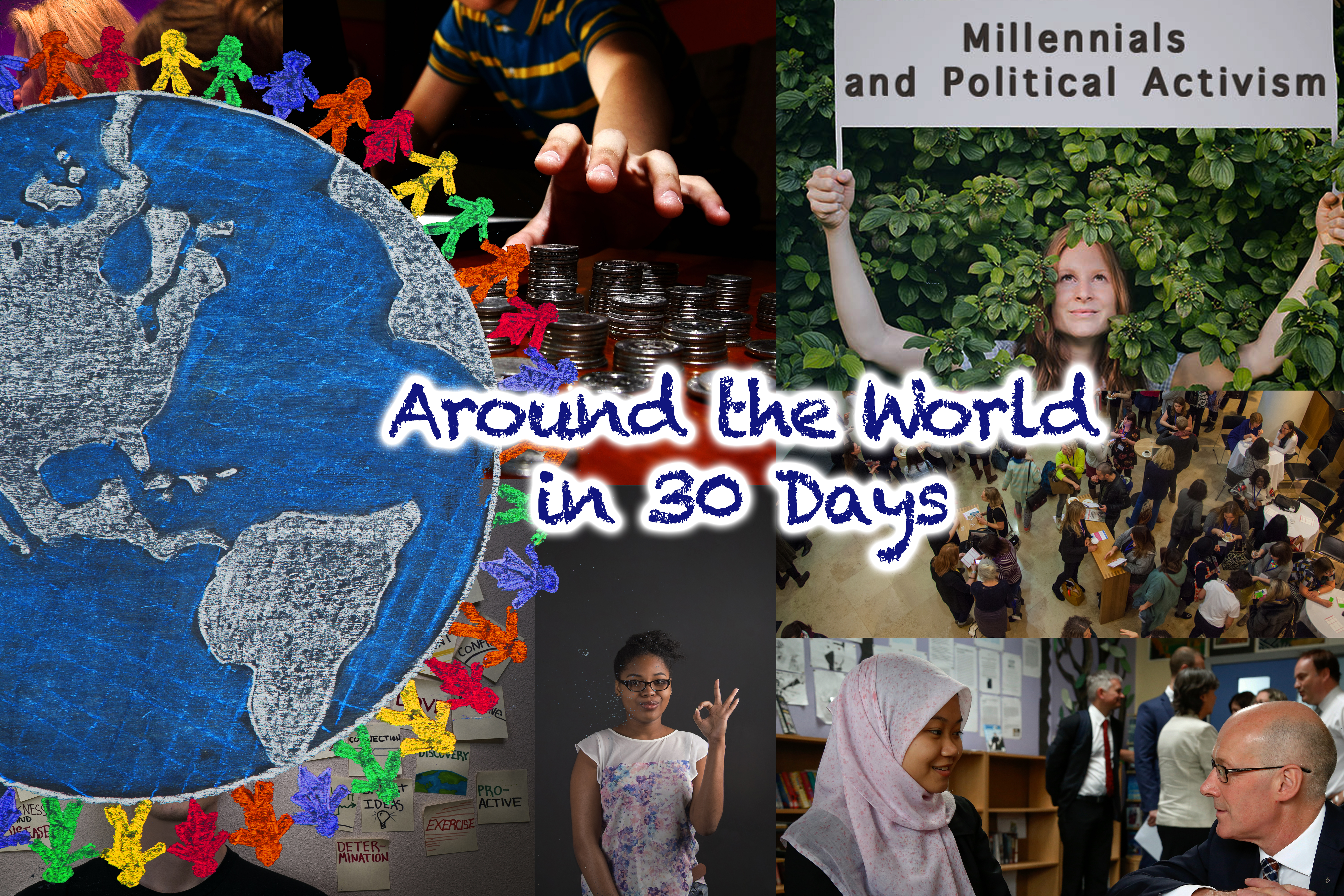
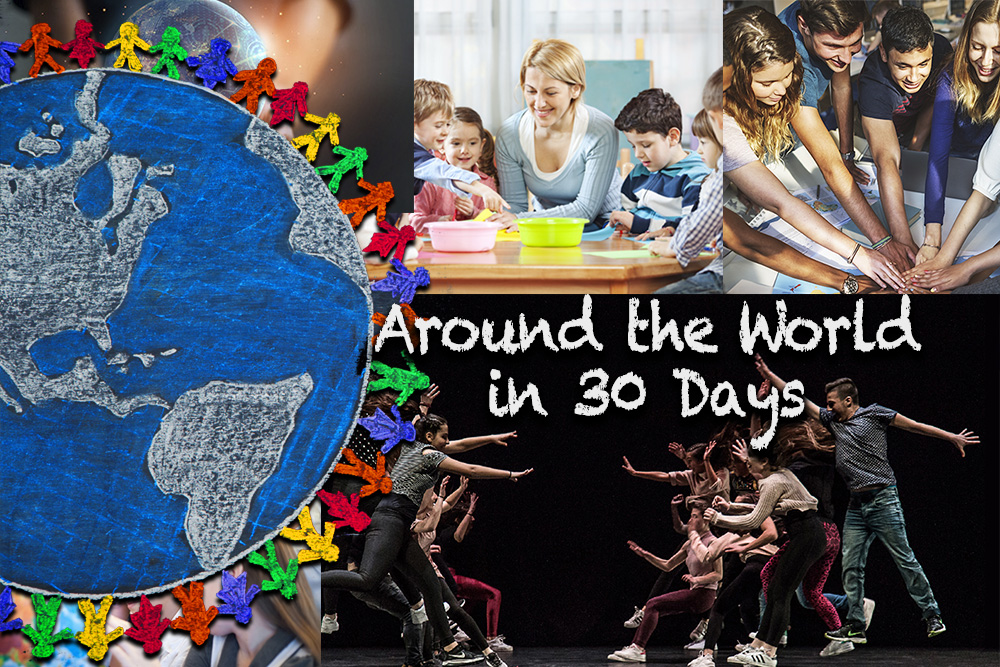
Recent Comments